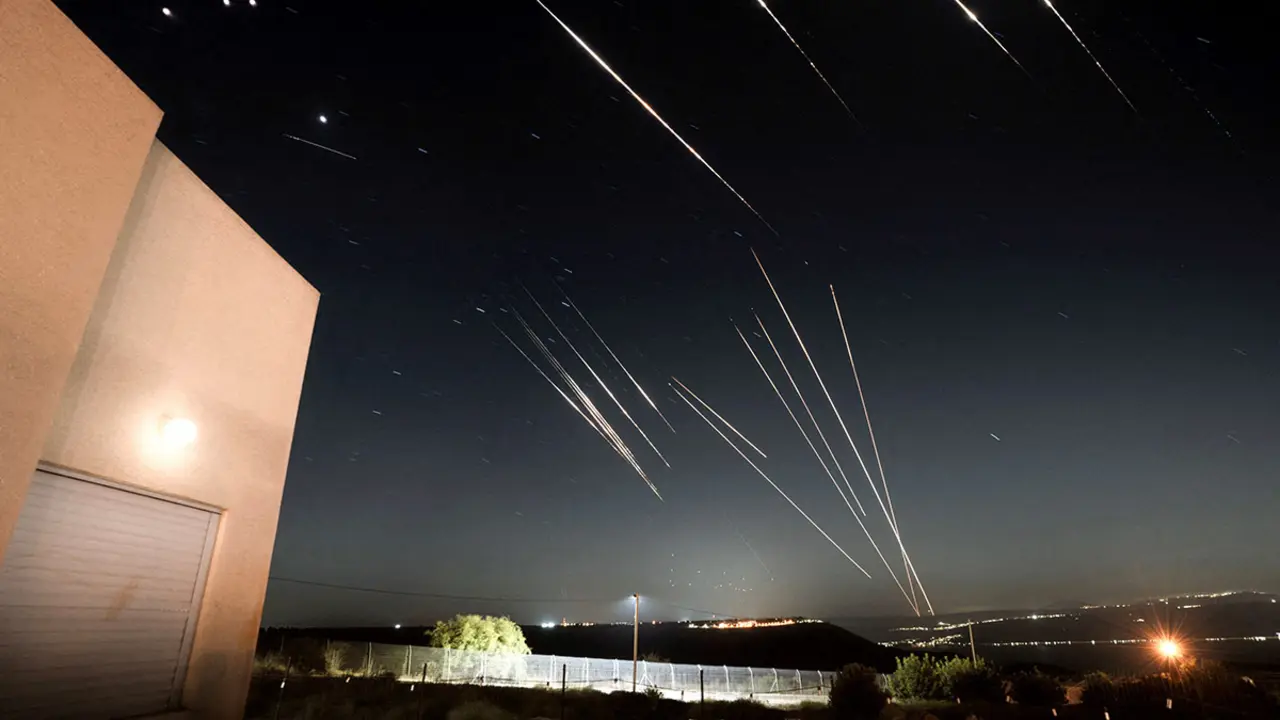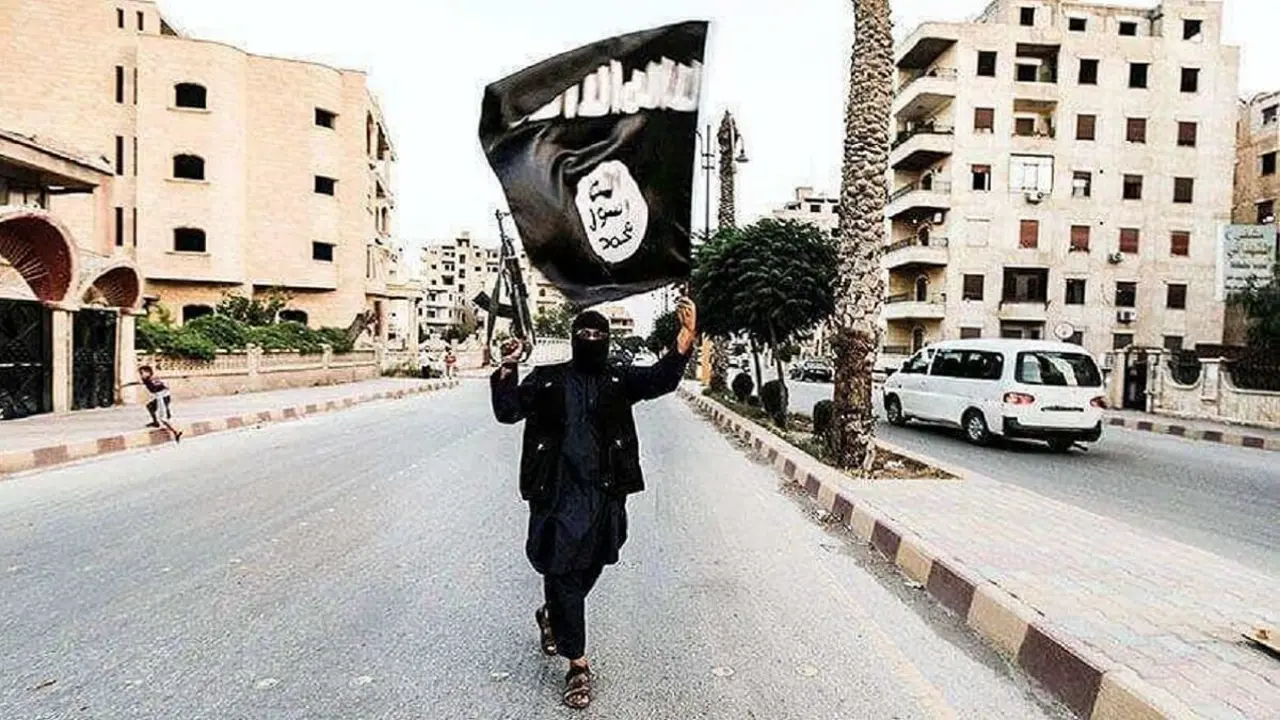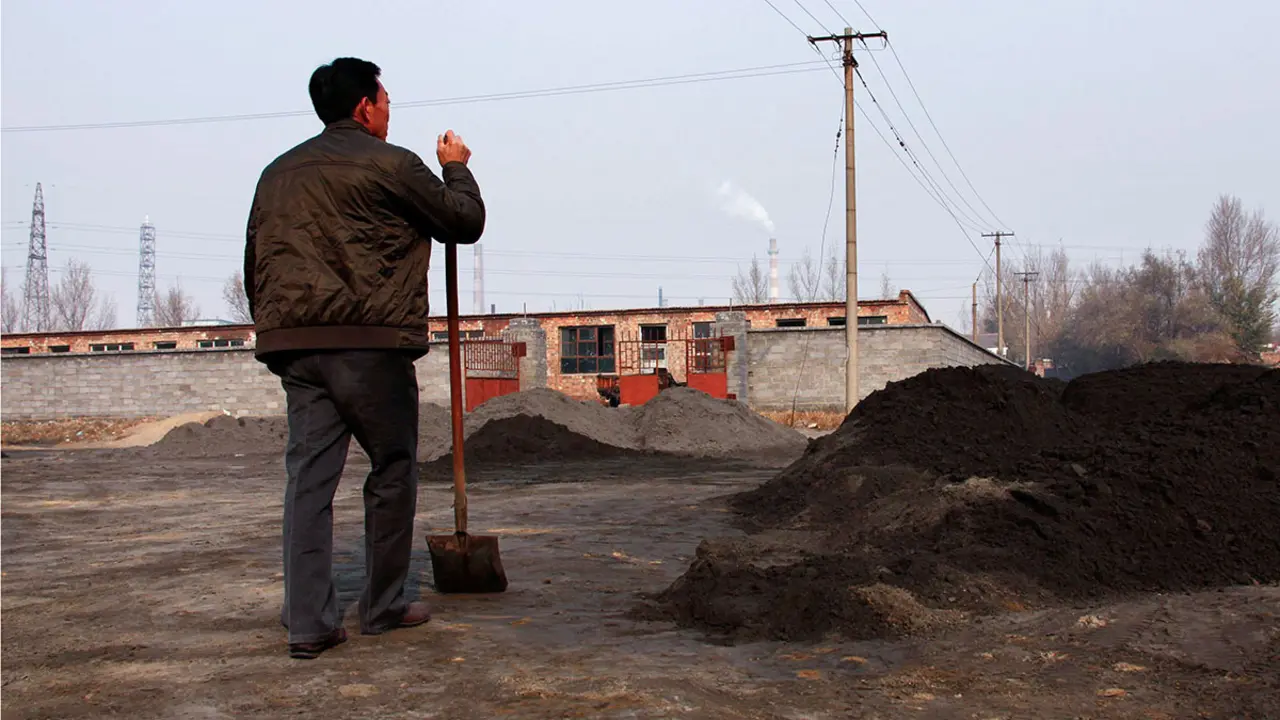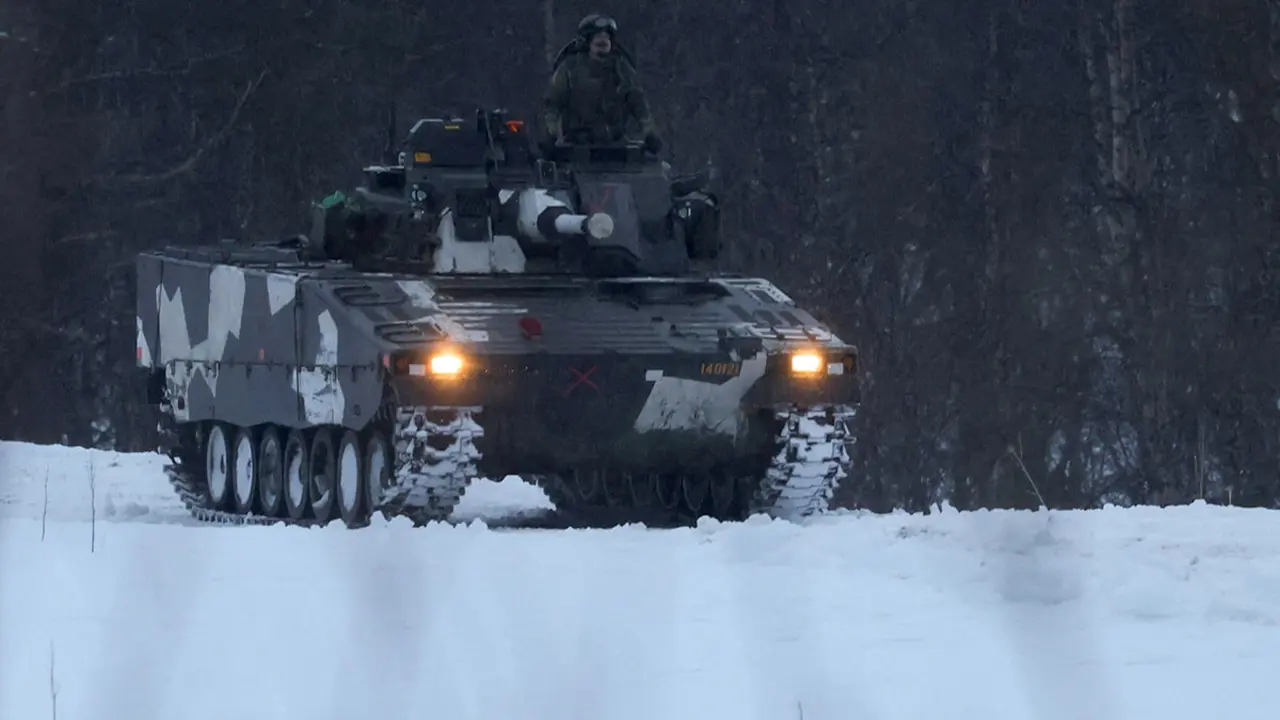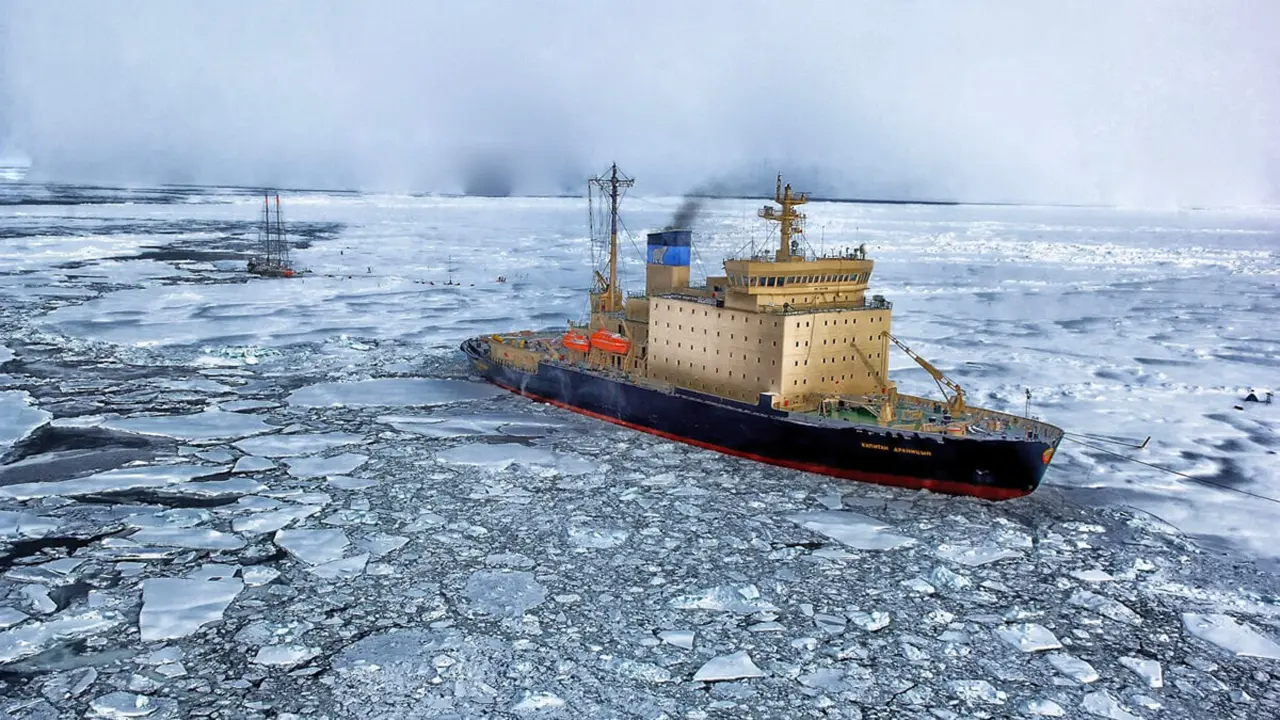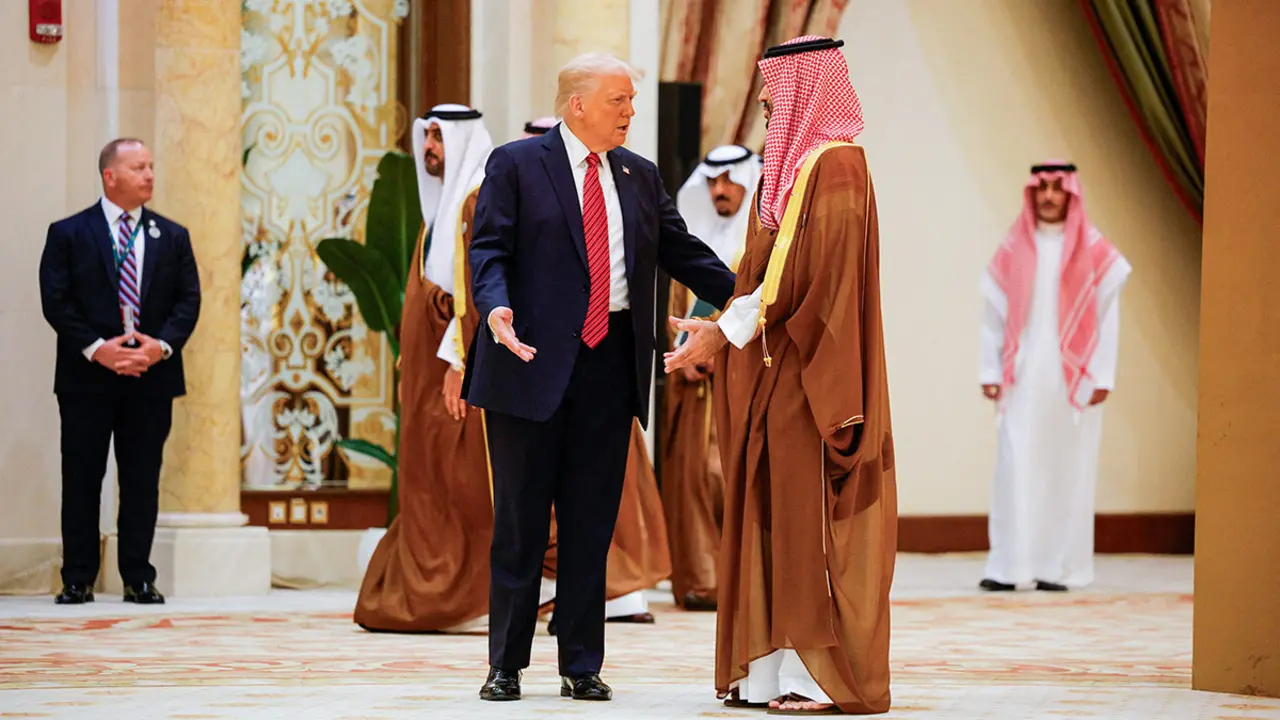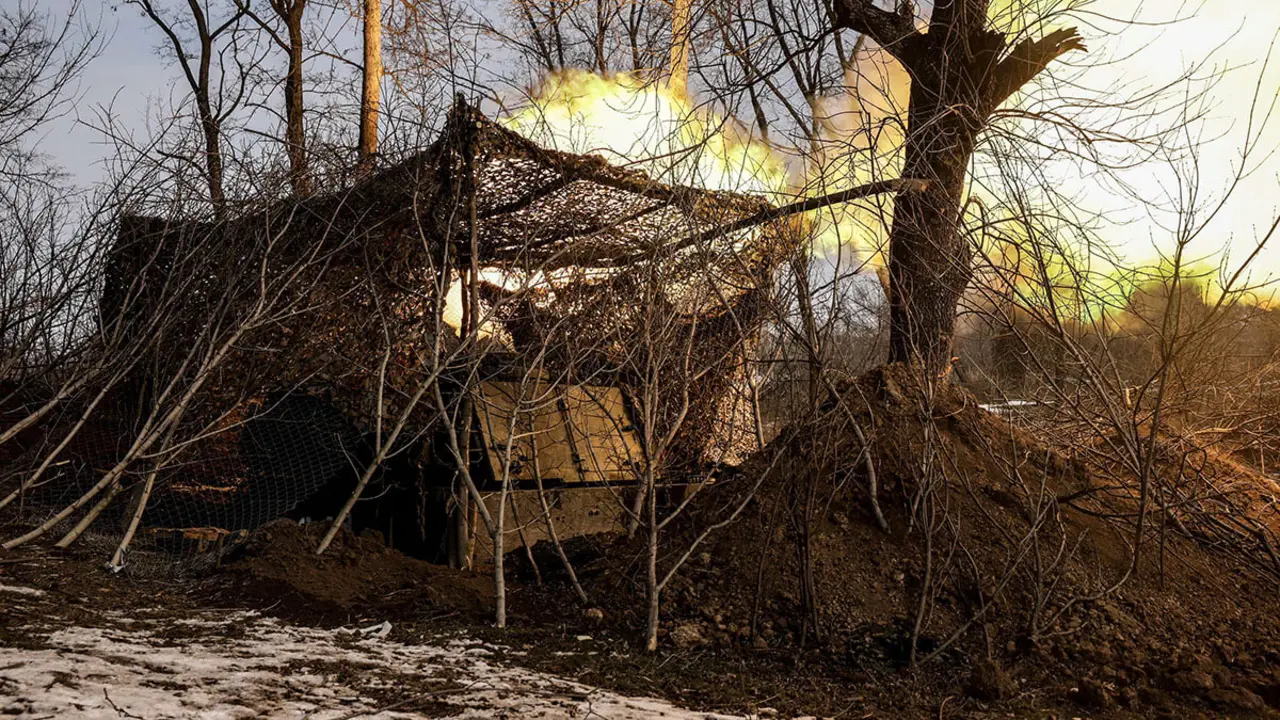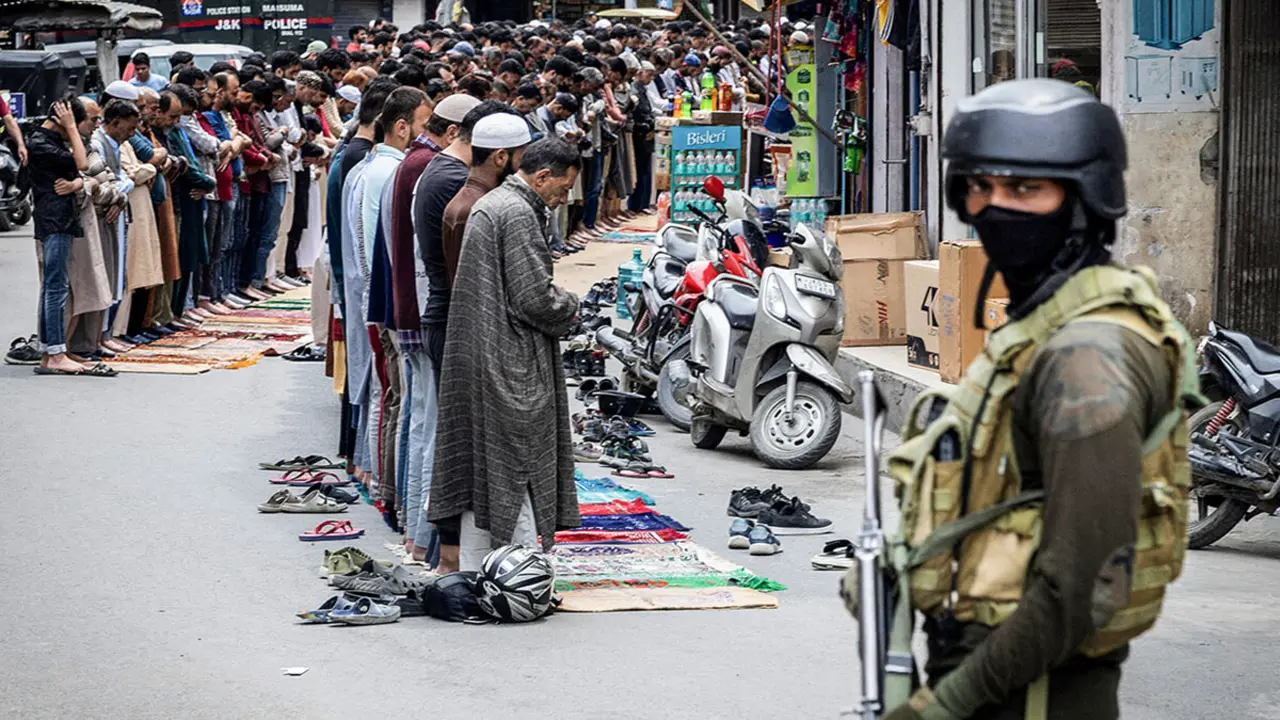A poem for war: a journey through the last places where life resists

"Bakhmut is only in our hearts," Zelensky said at the end of May, when the leader of the Wagner group, Evgeny Prigozhin, announced the seizure of the city by his mercenaries. After 224 days of endless battle, it seemed that a chapter in the history of the Ukrainian war was closing.
At that moment, the journalists who covered the invasion were eager to announce the start of the long–awaited counteroffensive – which had generated so many expectations - and none of us imagined that Prigozhin himself was going to declare rebellion against the Russian Ministry of Defense, in an act that could change the course of the conflict and bring forward its end.
Today no one knows where Prigozhin is, the end of the war seems to be still far away and the battle for Bakhmut has been reignited taking advantage of the fact that Wagner's mercenaries have been left headless.
Of the beautiful spa town that was once Bajmut, there remains only a half-burned mass of rubble – the rest, you know, is in our hearts. But behind these smoking ruins, the Russian troops do not have a defensive line as fortified as in other points of the Dombas, and if the Ukrainian Army manages to overcome this enclave, the reconquest of Donetsk could begin.
However - and regardless of who wins this bloody game -, on that chess board that wars are, the same ones almost always lose: the civilian population that has been left without a present and without a future, clinging to the memories of a lifetime in the most extreme conditions imaginable.

Next to the Bajmut combat front, only a few hundred civilians are resisting. Their cooking utensils are scattered on the street, on the grass of the parks that continues to grow around their houses - or what is left of them. Improvised fire pits with bricks from the bombed-out buildings and embers, and pots resting on top.
There are also clothes hanging in the accesses to the basements – the only safe place to sleep–, next to the buckets in which they wash by hand, because there is no running water. There is also no electricity, no gas, no pharmacies, no supermarkets. We are in Chasiv Yar, and the only thing there is the incessant echo of the guns that do not rest.
WE WILL NEVER BE ASHAMED
“There are many fronts open, but the main problem is that there are no basic services and people need absolutely everything," acknowledges Sergei Chaus, the head of the Military Administration. ”Everything has to be brought from Konstantinivka."
And they bring it. Once a week, a group of 15 volunteers enter this small town dressed in bulletproof vests and unload a huge van in which they carry jerry cans of water, food and clothes. Precisely among the boxes of clothes, and in the middle of a hot July day, several pairs of sturdy black boots stand out. But people welcome them willingly, perhaps thinking already about the autumn and that the contest will continue by then.
”We have managed to install ten points so that people who do not want to leave can recharge their mobile phones, and they do not stay incommunicado," continues Chaus, who is not startled when the sound of artillery sounds closer than desirable. “There are 300 people left here. We do what we can to make sure they have what they need, within the circumstances.”

There may be no electricity, and they may not be able to turn on the radio or television, but the narrative of the war is present through a system that has been used in conflicts for centuries: posters at the service of national propaganda.
On every piece of facade that is left standing in Chasiv Yar, there is a graffiti of Valeri Zaluzhny – the commander-in-chief of the Ukrainian Armed Forces - reminding them that they are in struggle. As if they didn't know. Under the general's face, there is also an inscription printed that reads“ "No matter how difficult it is for us, but we will definitely never be ashamed.”
The phrase does not seem very epic, but it certainly reflects the spirit of resistance – and resilience – that the Ukrainian people still have after 500 days of a large-scale Russian invasion, in which they have failed to break them. They have reason not to feel ashamed.
AND WHERE ARE WE GOING TO GO?
Among the neighbors who are looking for something useful in the boxes of clothes that have just been brought to them, a young girl stands out, who looks at the scene with a sad look and infinite compassion. “I think you're the youngest person I see living next to the front”" I say. "Yes, in fact I am the youngest neighbor of the holdouts in Chasiv Yar, I am 25 years old,” she replies. Her name is Irina.

“Why haven't you left?", I inquire. "Because I can help here, they have nowhere to go. My family is in Konstantinivka and I go there from time to time, but those who have stayed here have nowhere else to go,” she replies decisively. “Doesn't the government offer them temporary shelters?”, I insist. "Yes... temporary; for a month, maybe something more, but then, what? These people don't have the money to buy a house somewhere else, everything they have is here, even if it's bombed,” he concludes.
“Can you sleep at night?", I ask him when we are shaken by the rumble of a new artillery impact. “You get used to it!", he exclaims finally showing a smile, even if it is ephemeral.
Also smiling is Antonina, 71 years old. “I'm on YouTube”" he explains. "And I've learned some English words." And, in addition to getting used to the sound of the bombings, the neighbors who are still resisting in Chasiv Yar have also gotten used to the presence of journalists, who we asked – one after another – why they have not evacuated from that hell.
THE TRUTH AND THE GLORY
We left Chasiv Yar and headed north, towards another of the most punished points of the Bajmut rearguard: the city of Siversk. To get there you have to go around several Ukrainian military positions, until you take a road full of sinkholes that seems to have no end.

In front of the car in which I travel, there is a van painted matte green – like almost all the vehicles that the Ukrainians have tuned for the war -. On the back moon there is also a graffiti, this time with the face of Taras Shevchenko, considered the founding father of Ukrainian culture. Next to him, one of his poems:
And glory to you, blue mountains,
Frost and snow protect you
And to you, heroes at heart,
God will not forget you
Keep fighting and succeed!
God help you!
Truth and glory fight by your side
And the will is holy!
Taras Shevchenko“ "Caucasus”, 1845
As you enter Siversk, the van gets lost on one of the roads and the sound of Ukrainian cannonades repelling Russian attacks takes you out of Shevchenko's verses. Even on the days when humanitarian aid is being distributed, the war does not stop.
”The Russians have committed genocide in this part of Ukraine, there are no words to express what they have done, the death and destruction," complains Oleksi Vorobyov, the head of the Siversk Military Administration, who reluctantly grants us an interview – and without photos – to explain how the situation is.
“I'm not going to give you the exact number of people left, but I will tell you that we are bringing everything they need: water, food, medicines; there is also a doctor and two nurses,” he adds. The doctor Vorobyov is talking about is called Alla, and we found her also coming out of the Military Administration building.
“I am worried about the added difficulties of living without water and electricity in summer, it is even harder. But human beings can get used to almost anything”" says the doctor. She is the only doctor in the whole region, and she also has no intention of leaving and abandoning her neighbors.

SOVIET NOSTALGIA
There she continues on her way, and two older men approach the Administration building to ask if the groceries have arrived. “I feel very bad, because people are suffering because of the politicians; everything is destroyed, how am I going to feel?”one of them laments.
"Russia and Ukraine have to be brothers because we are neighbors; the Americans are too far away to be our brothers, and they don't even know how to point out Ukraine on the map,” the man continues. "Politicians have their interests, and we pay for it”" says his friend, who has had his house bombed and has to live in that of another neighbor in the village.
There are very few people who still believe that a reconciliation between Ukraine and Russia is possible, but some of them are resisting in the cities closest to the fighting fronts of the Dombas because they are not afraid that Russian troops will advance to occupy their homes, and become their new neighbors.
In the Dombass the war began in 2014, a low-intensity war that has little to do with the current one, but with a strong propaganda component. Russian propaganda – which denies the existence of an independent Ukraine and its identity as a nation - is aimed in many cases at elderly people who lived a good part of their lives being part of the Soviet Union.
The two men from Siversk who still hope that Russia and Ukraine will be brothers probably do not know what Russian troops are doing to Ukrainian civilians in the occupied territories, where arbitrary detentions and torture are now also joined by forced labor digging trenches for their own captors.

”I think we didn't understand this work by Taras Shevchenko before," Katerina muses aloud, after translating the poem that was written on the matte green van for me. "It's amazing that something as horrible as a war wakes up something that was asleep and erased for a long time.”
And, for the new generations of Ukrainians - who grew up further away from the echoes of the former USSR – what the war has awakened is not the impossible nostalgia of being part of something bigger and more glorious again, but the promise of being free to choose their destiny.

